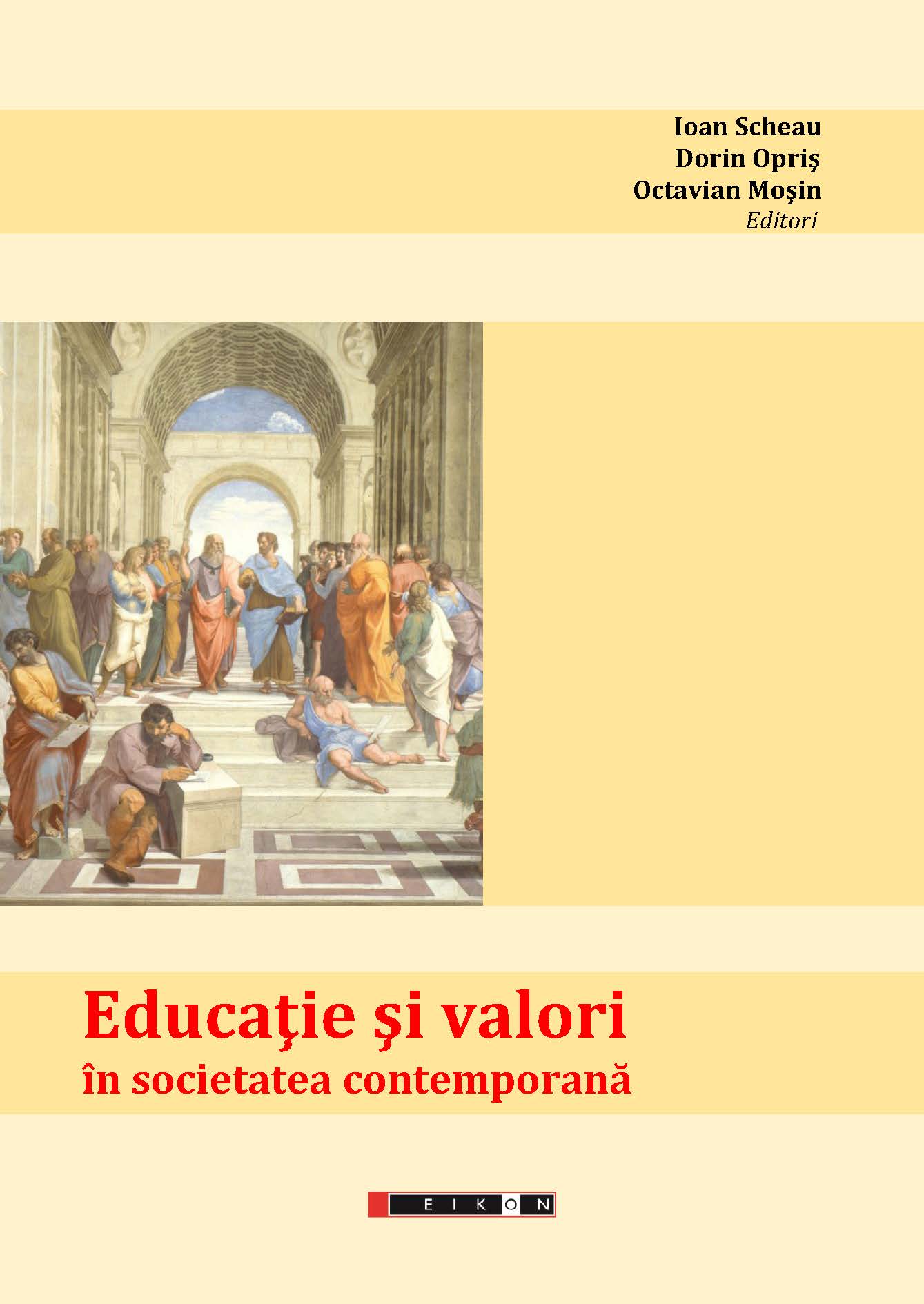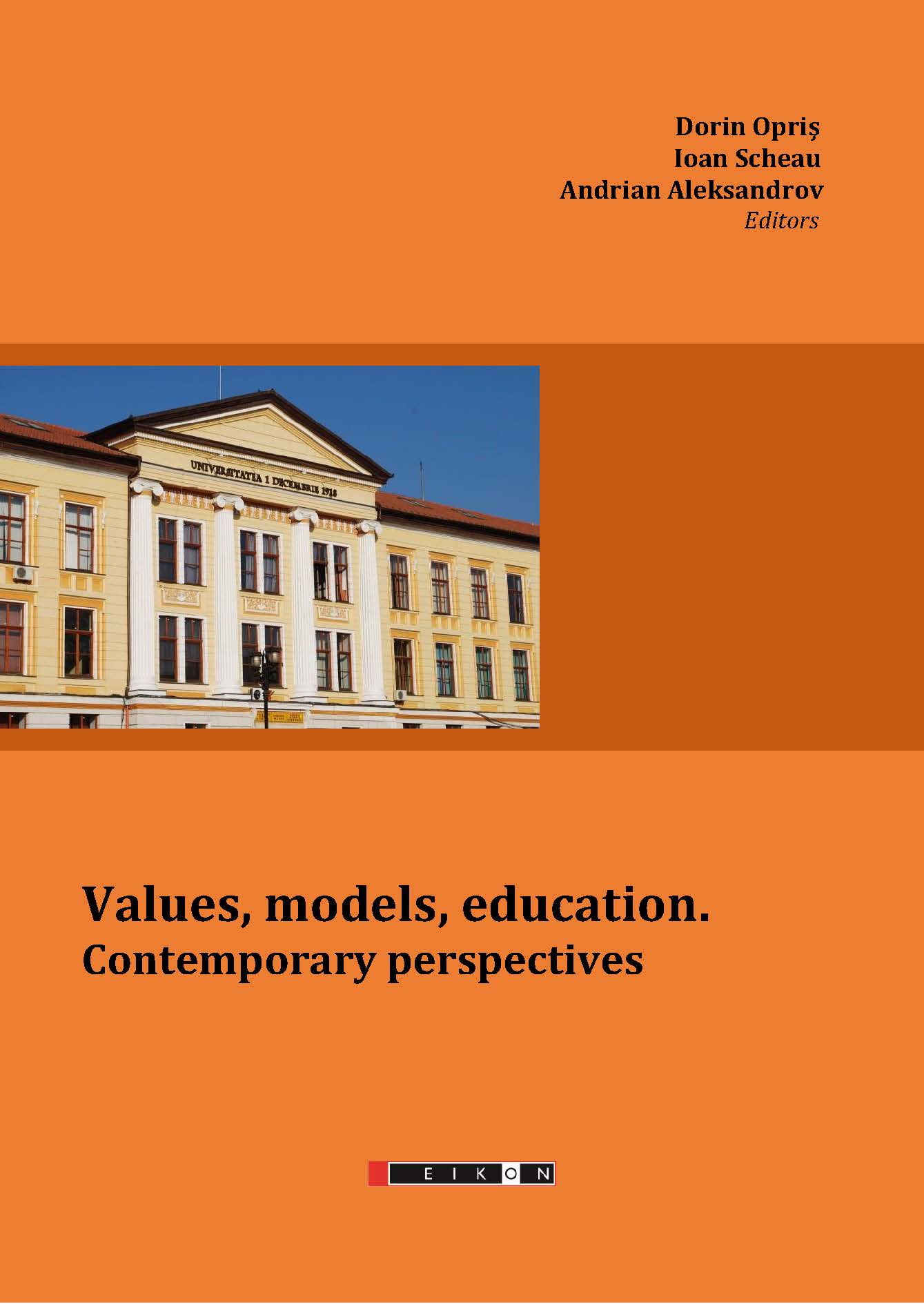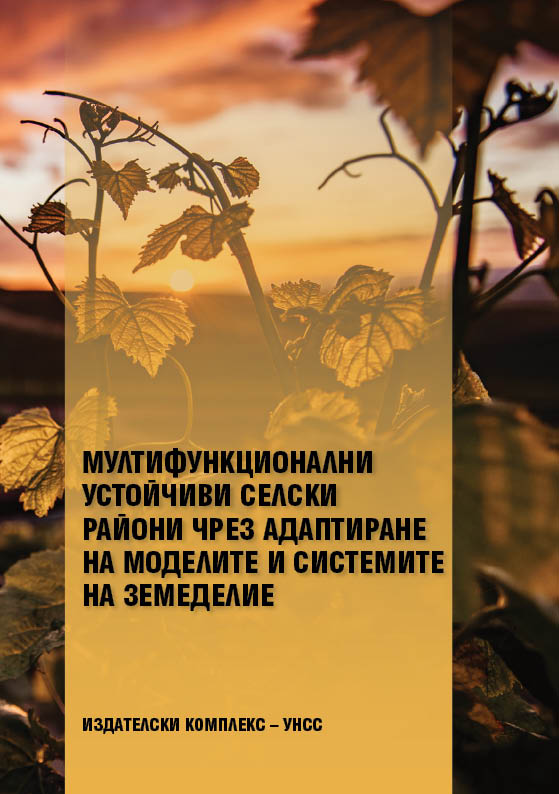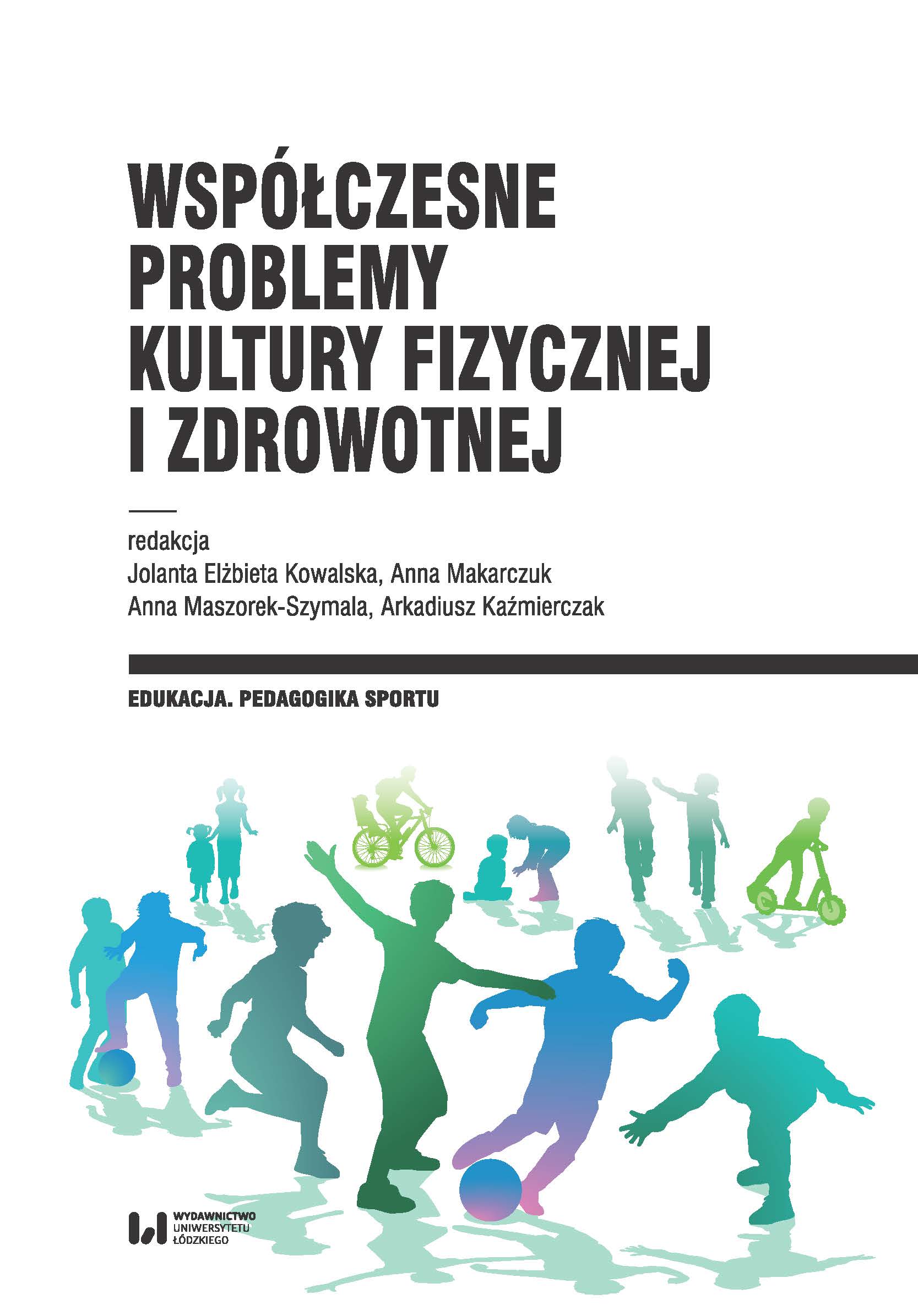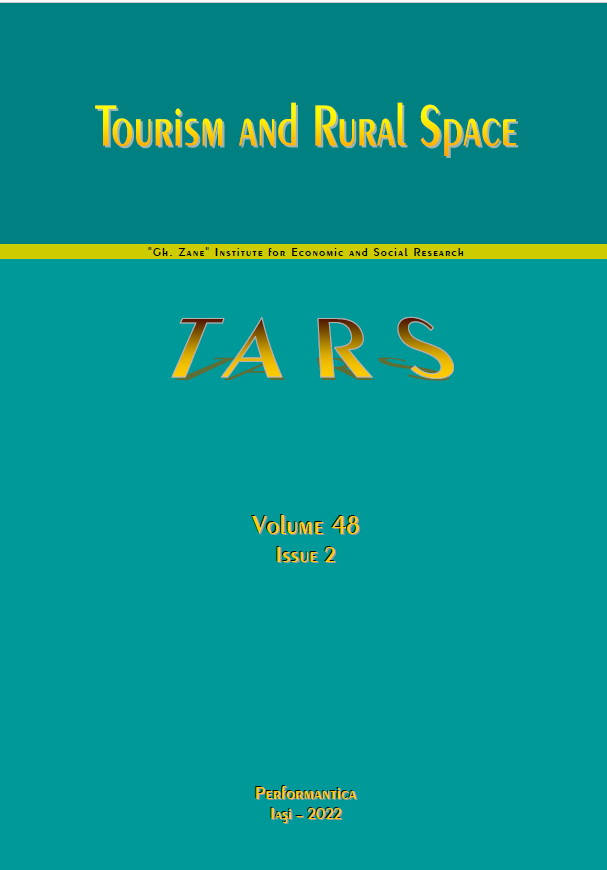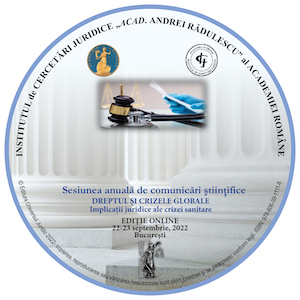Author(s): Laura-Maria CRĂCIUNEAN-TATU / Language(s): Romanian
Publication Year: 0
The COVID-19 pandemic has highlighted the significant setback that has taken place over the past ten years in the field of economic, social and cultural rights and has also increased the challenge posed by the fact that economic, social and cultural rights were and are still confined, in several national systems, to a back seat. The pandemic has brought to the fore several pre-existing and chronical shortcuts of the national systems such as: the deterioration of essential services (adequate health care and social security), the detrimental effects of the austerity policies and budget cuts, the escape taxation, corruption and the constant pursuit of profit – including within public services – and, above all, a very sharp rise in a veritable panoply of inequalities, including the social ones. If ones argue this situation in terms of rights, then the pre-existing vulnerable people, before the COVID-19, have turned to be even more vulnerable in the context of the pandemic in terms of their access to adequate housing, to healthcare and social security, or to education and cultural life. Moreover, women and men, children, young and elderly, refugees and migrants, the poor, people with disabilities, prisoners, minorities are all affected in different ways. COVID-19 has created a vicious circle: strong inequalities favored the spread of the virus, which in turn widened inequalities. The facts already show how chronic inequalities and certain underlying health factors multiply the repercussions on certain individuals or groups, both in terms of loss of life and livelihoods. In this context, from the onset of the COVID-19 crisis, the United Nations Committee on Economic, Social and Cultural Rights has been concerned about these issues and has adopted several documents of a mixed nature (declarations, statements, recommendations and even general comments). The aim was that of putting a lens on the most significant effects of the pandemic on economic, social and cultural rights, that of addressing some of the challenges which were faced by States parties and that of providing recommendations in order to enable them to address the COVID-19 pandemic in a manner which is consistent with their obligations under the International Covenant on Economic, Social and Cultural Rights. The Committee underlined the central role of the State in investing in public health and social protection systems and stressed that States must fulfill their obligations to guarantee the economic, social and cultural rights of their population even in this exceptional situation. In addition, in the case of certain countries which have ratified the Optional Protocol to the Covenant, the Committee has adopted recommendations targeted at people in vulnerable situations, especially with regard to the right to adequate housing, and it has adopted provisional measures thus obliging states to suspend all forced evictions during the COVID-19 crisis. The present paper aims at analyzing from a legal point of view the activity of the CESCR in the context of the COVID-19 crisis, and at evaluating this activity as well as at proposing the possible ways forward on the protection of ESC rights in the post-pandemic situation.
More...
